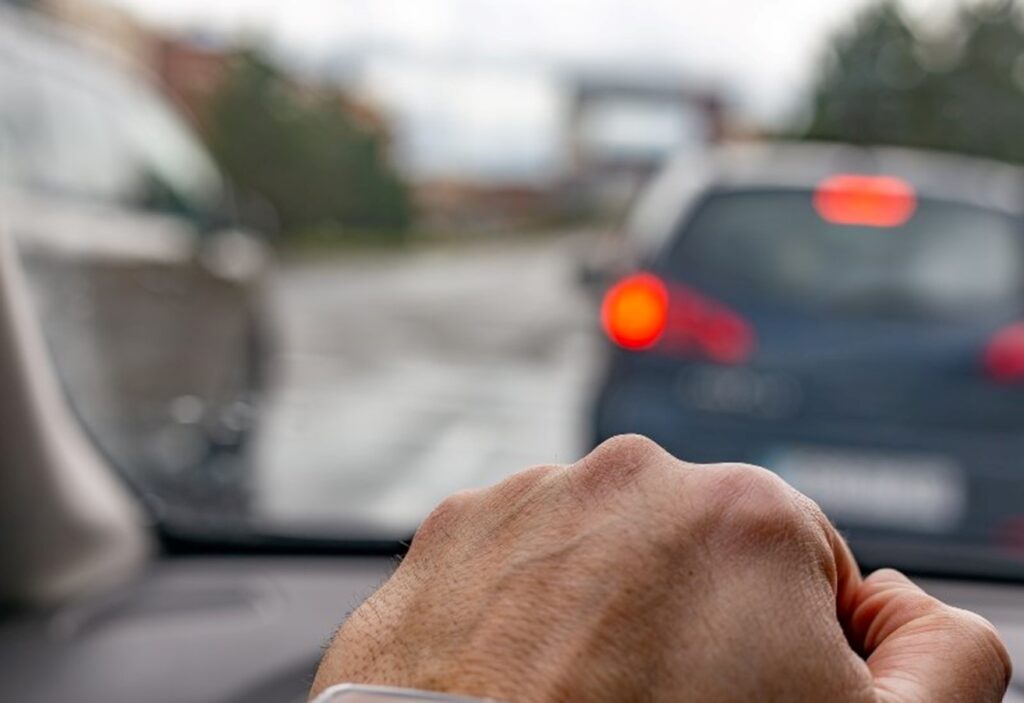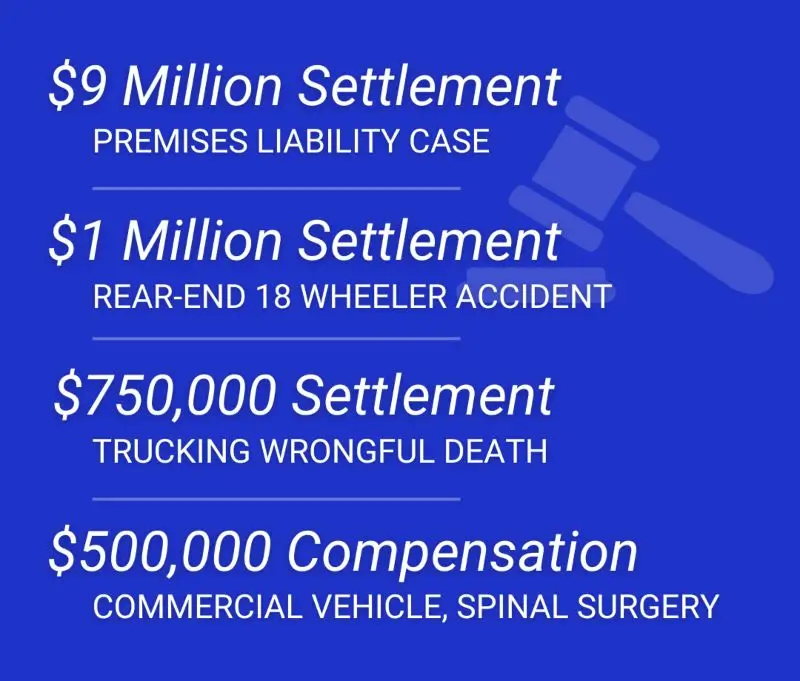When it comes to road safety and driving etiquette, few topics ruffle more feathers than brake checking. Every driver should understand what brake checking is, why it’s dangerous, and the legal implications if brake checking causes an accident.

Brake Checking, Comparative Negligence & Rear-End Collisions in Texas
Brake checking is when a driver deliberately slams on the brakes despite no actual need to slow down for road hazards. Typically, this is done in response to what the leading driver perceives as aggressive tailgating. The sudden braking is intended to scare the following driver but may also cause a rear-end accident.
Why Do Drivers Brake Check?
Drivers typically resort to brake checking when they’re frustrated or want to send a message to a tailgater. Some specific motivations include:
- To discourage tailgating: Most drivers don’t like having someone follow too closely behind them. Brake checking signals this annoyance, telling the tailgater to back off and maintain a safer following distance.
- In retaliation: If a driver feels intimidated by another’s aggressive behavior, they might brake check to retaliate or assert control.
- To cause an accident: Dishonest drivers may brake check to intentionally cause an accident and get a payment from your insurance company. This form of insurance fraud is actually quite effective because the following driver is usually deemed the one at fault in rear-end accidents.
Many drivers wonder—is brake checking illegal? While Texas law doesn’t specifically mention “brake checking,” engaging in this practice creates unnecessary risks and could lead to reckless driving charges.
Determining Fault in Brake-Checking Accidents
Assigning fault in brake-checking incidents is complex. The driver who brake checks may be held liable for deliberately creating a hazardous condition, but the tailgating driver could also be partially at fault for not maintaining a safe distance. Legal outcomes depend on the specific situation, including witness statements and any available dashcam footage.
Safer Ways to Handle Tailgating
Dealing with a tailgater safely helps prevent road rage and ensuing accidents. Here’s what to try the next time a driver follows you too closely:
- Gradually slow down in a passing zone to encourage the tailgater to get around you.
- Safely change lanes, if possible, and allow the tailgater to move ahead.
- Keep your composure and focus on driving safely rather than retaliating.
- Lightly tap on the brake pedal to flash your brake lights briefly, signaling the following driver without the abruptness of a full brake check.
Choose Nava Law Group for Your Legal Needs
Were you injured in a collision because of a tailgater or brake checker? You need a car accident lawyer to help defend your rights. Our team is dedicated to meeting the unique needs of your case, striving to secure the best possible outcome, whether in or out of court. If you’ve been involved in a brake-checking incident or any other traffic-related accident, contact us at 713.661.9900 to schedule a free consultation. We can meet with you at our office in Houston, Bellaire, Edinburg, or Austin, TX.








